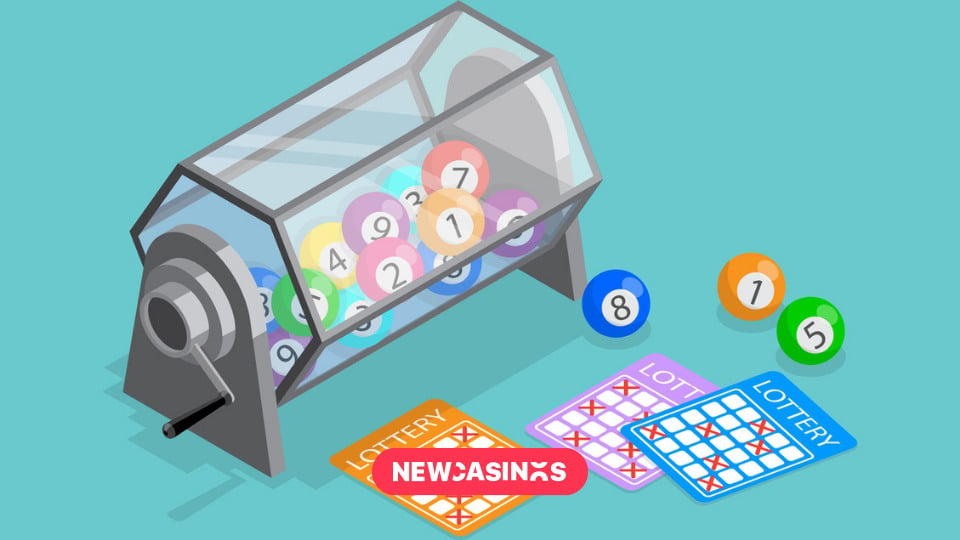Early Beginnings in Bingo
Fifteen years ago, Jumpman Gaming was founded. In 2010, online gambling was not nearly as prevalent as it is today. During this time, online bingo was experiencing a growth spurt in the UK, as players flocked to online communities that required minimal financial investment to join. Some of the major brands around this time were already in the game, with the promise of mobile technology on the rise. As a result, user behaviours were beginning to change. The challenge for Jumpman here was fending off the competition. How could they stand out in this newly saturated market?
Instead of going toe-to-toe with industry giants, Jumpman excavated its own path to a more realistic and grass roots identity, branding itself towards more niche online communities/audiences. Combining colourful branding alongside ingenious branding, with a minimalistic UX design, led to Jumpman creating a valuable ecosystem that players not only engaged with but also appreciated on a personal level. Whilst it wasn’t as forward-thinking as its competitors, it became one of the most effective out there.
Early iterations of their sites focused primarily on fostering a community and garnering a devoted following, something bingo cultivates organically when done right. Jumpman employed all the tricks in the book: chatrooms, loyalty schemes, and regular promotions, feeding into the player base and strengthening it by the day. During a time when online gambling was often deemed solitary or lonely, Jumpan pioneered in impressing a more social stamp upon this activity.
This bedrock of player engagement was imperative moving forward. Whilst most operators waved the white flag under the weight of steadily evolving tech, they struggled to diversify and build with the times. Jumpman offered an entirely unique experience compared to these operators; players vouched for its consistency, flourishing player base, and willingness to expand constantly.
The White-Label Strategy
If you’re wondering what a white-label strategy is, you’re not alone. It’s important to know, because it was the backbone of Jumpman Gaming’s seismic rise to fame.
Essentially, a white-label casino is a pre-existing platform, built purposefully already for third-party entrepreneurs to brand and operate as they see fit. Jumpman always handles the infrastructure (game library, software, payments, licensing, and compliance) whilst the clients have full creative control over marketing and player acquisition. In essence, it’s a win-win for both businesses. Operators gain a direct route to market, and Jumpman scales alongside this without exceeding its reach.
In Jumpman’s eyes, this model was an intuitive response to the growing demand from affiliates and marketers, all of whom wanted to launch their casino sites, sometimes multiple at once, without the means or desire to build one from scratch. Jumpman builds a sustainable backend, a customisable front-end, and fosters a supportive rapport with the UKGB compliance board; it’s essentially the provider and operator to the same degree as the gaming brand itself.
The advantages of this were seemingly endless. Overheads were low for clients. Market speeds were high, and the flexibility of the modular design allowed these white-label sites to all feel unique without reinventing the wheel. Jumpman had a creative sandpit to explore new features, games, and designs across multiple brands at once, which meant they could stay ahead of market trends, feeding back into new updates with a circular loop of forever-evolving user trends.
Some of the most famous successes in the illustrious roster of white-label casinos include the likes of Cheeky Casino, Rocket Slots, and Amazon Slots, all of which have their own distinct identities, whilst still being unified by the power of the Jumpman engine. All of these sites were paramount in Jumpman’s increased appeal across a sprawling demographic. From bingo purists to Gen Z slot players: they all wanted a piece.
Expansion into 200+ Casinos
Today, Jumpman powers over 200 online casinos, a feat few UK-based operators can match. Of course, this didn’t fall into their hands. It needed tactics, foresight, an army of data miners to refine their systems, and a keen knowledge of regulatory practices.
Market agility has always remained Jumpman’s number one asset to date. After realising bingo was quickly being outpaced by online slots in size and consumer preference (especially in younger crowds who favoured mobile), Jumpman leaned all the way in, immediately adapting its offerings in order to support a broader catalogue of casino games, whilst holding on to bingo for its devoted fanbase.
There was also a severe emphasis placed on UI consistency and backend performance. Branding aside, users here knew for a fact the experience they’d be met with would be smooth, familiar, have quick loading times, feature seamless game integration, and reliable payment methods. These facets helped construct a robust cross-site trust, even for players who may not realise that they were bouncing between sites built on the same foundational platform.
Expansion of the course didn’t come without hiccups. The company has faced challenges along its journey, usually linked to the UK’s increasingly stringent regulatory environment. The UK Gambling Commission has tightened its procedures, placing further restrictions on affordability checks, responsible gambling, and advertising compliance, meaning scaling became more of a complex venture than it initially had been.
The response to this? In true Jumpman fashion, they doubled down to these new levels of compliance, introduced advanced variations of the Know Your Customer (KYC) protocols, massively enhanced their responsible gambling messages, and made it imperative to check all white-label clients were aligning their operations with UKGC standards. This protected their reputation, but above all, earned them trust in the industry and favour amongst their ongoing partnerships.
The Role of Game Expansion
As Jumpman’s white-label web of clients grew, the need to keep their expanding player base engaged increased. This is the time when game expansion came into play, not only for player retention, but in solidifying the brand’s market relevance.
Gradually, Jumpman built a diverse portfolio of titles that superseded the standard iterations of slots and bingo. As of today, they power thousands of features and games in these casinos, provided by top-tier providers like Pragmatic Play, Big Time Gaming, Red Tiger, and NetEnt. Some of the indie studios are also part of this roster, appealing to a niche audience.
The biggest contribution to their success lies in their understanding of the relationship between player and variation. It’s a vast and crowded marketplace out there; it’s easy for iGamers to get lost. So, they reside in casinos that offer both quantity and quality, which are few and far between. Jumpman understands this, so they innovate and personalise their experience for these players. Whether this be from unique Megaways mechanics, exclusive games, or seasonal events, Jumpman’s sites are always ahead of the curve.
Jumpman uses an open-armed approach to the emergence of new gaming trends. When Evolution rolled out its live dealer games across a few of its platforms, Jumpman embraced this change, knowing that it’s what players wanted, giving their sites a land-based feel, diversifying the dynamic, but once again, not reinventing the wheel. On the mobile side of their operations, optimisation has become standardised across many of their casinos, all of which run smoothly.
Jumpman continues to push out new content quickly, which is just as important as anything else. Its backend is purpose-built for the swift onboarding of new and existing third-party games, meaning response times are fast to meet player demand or seasonal peaks, keeping the platform fresh, and ensuring none of the casinos under their umbrella feel stale or stagnant.
Discover the Latest Casino News






